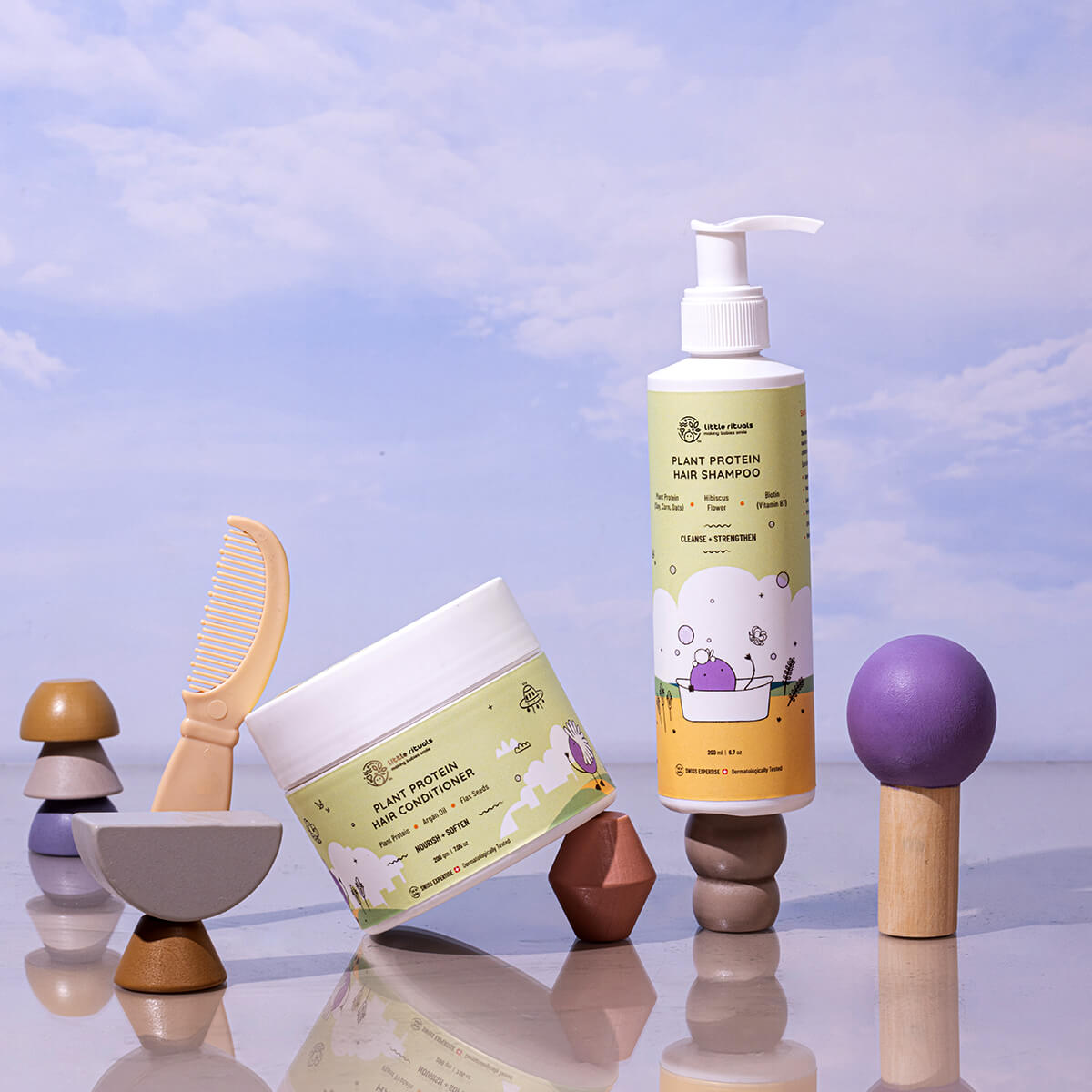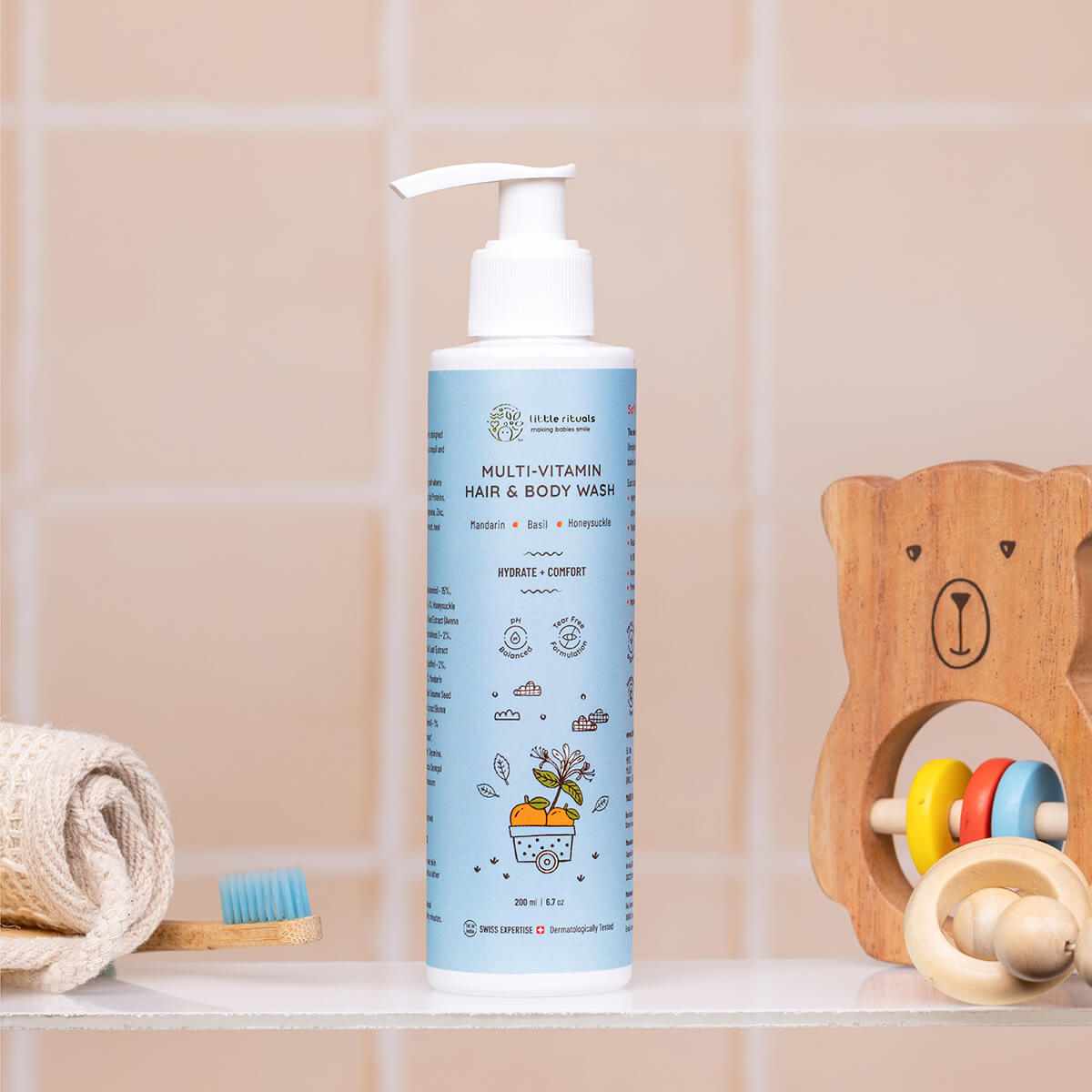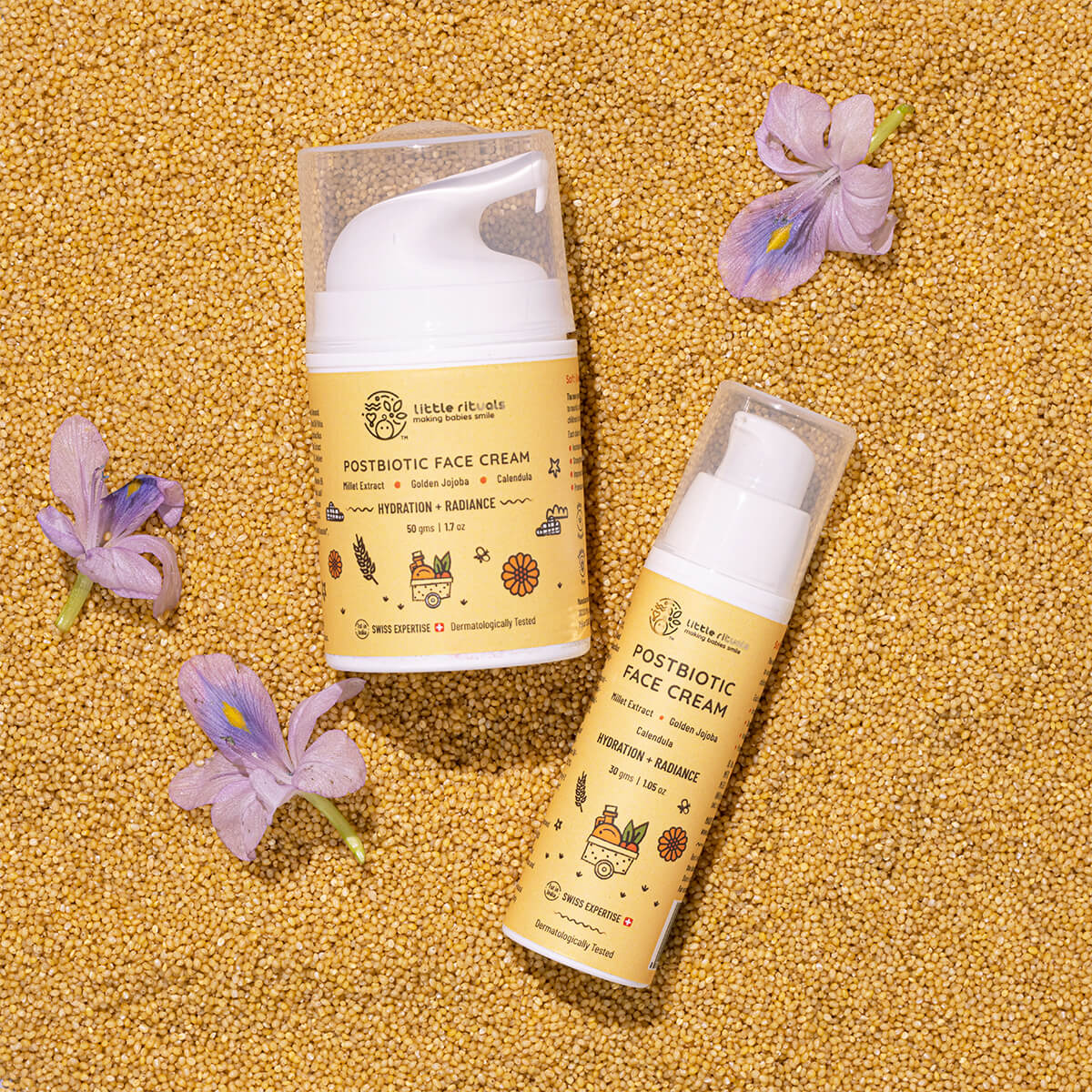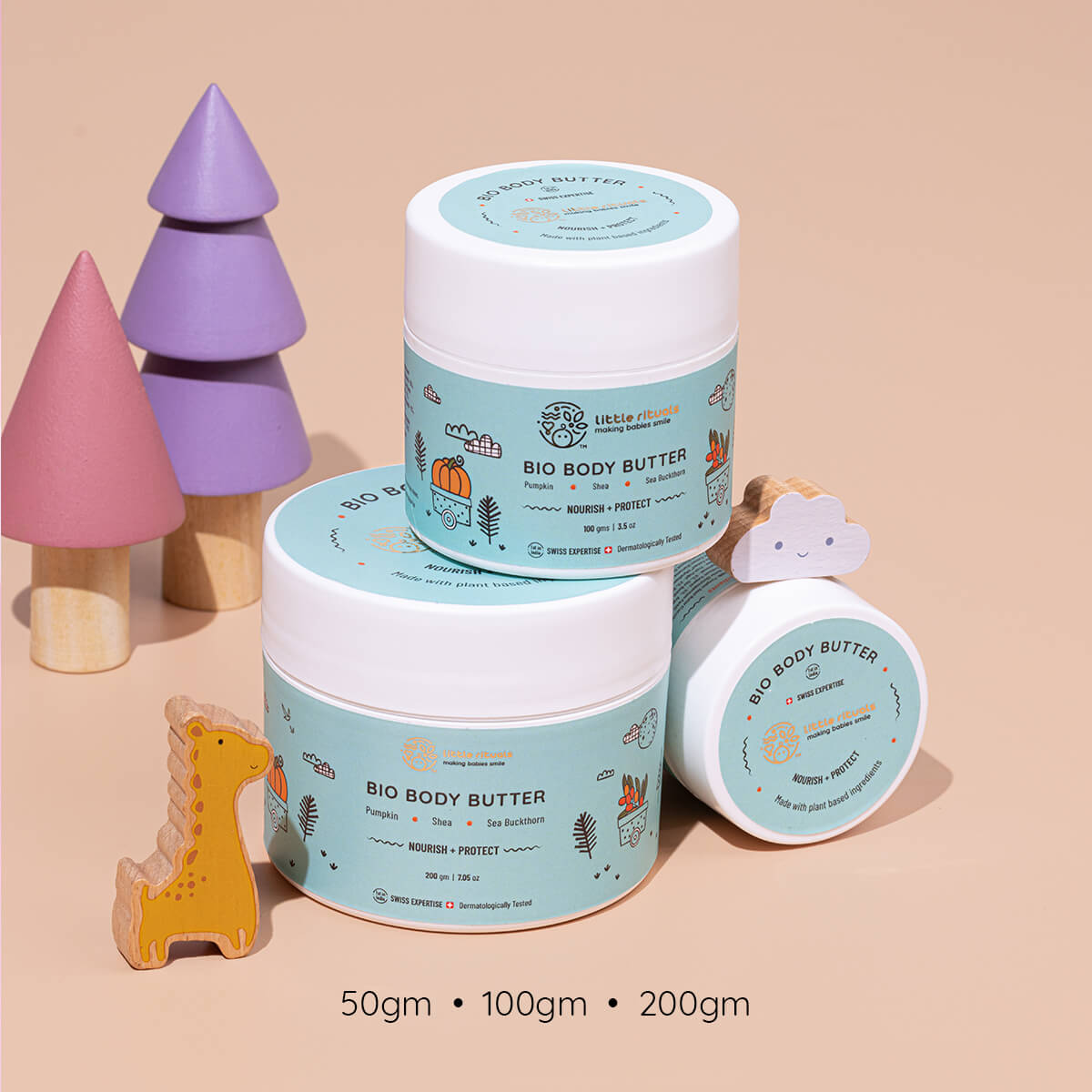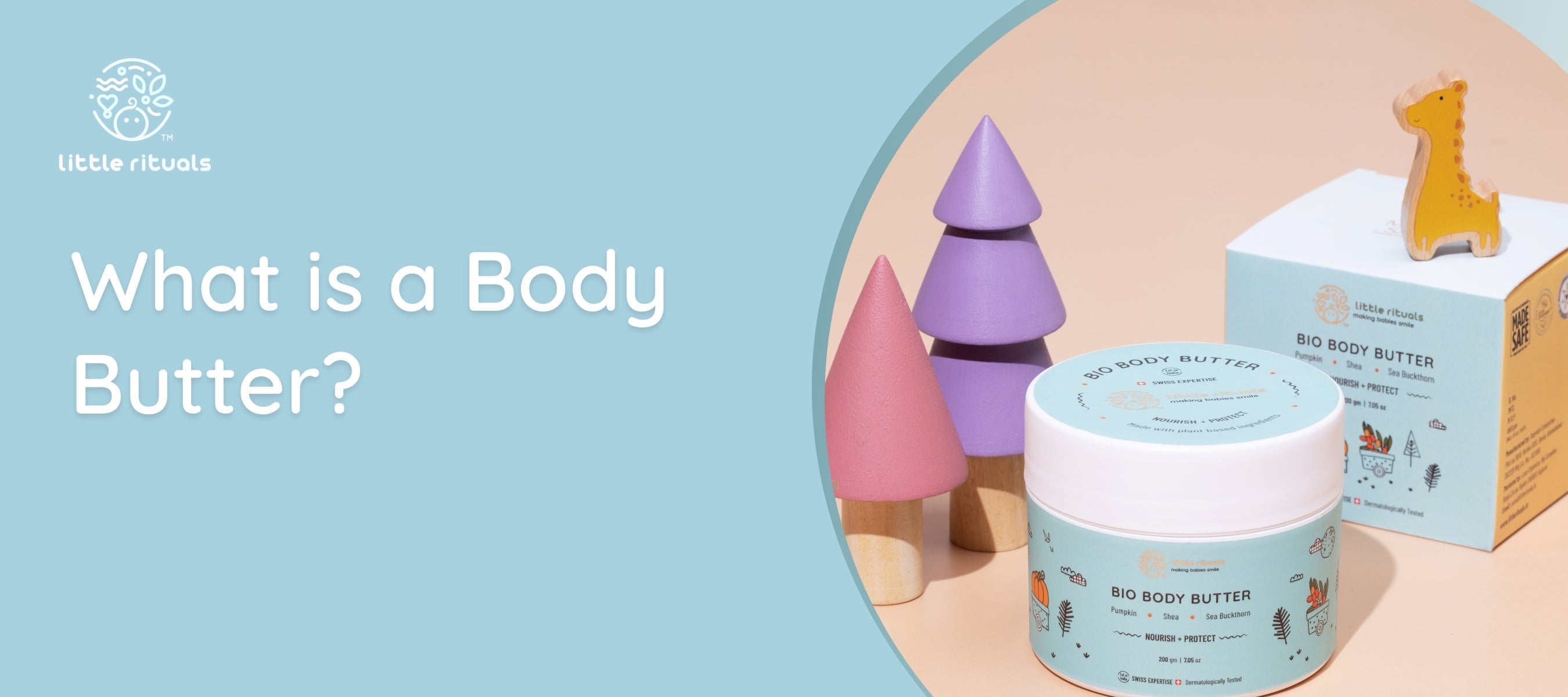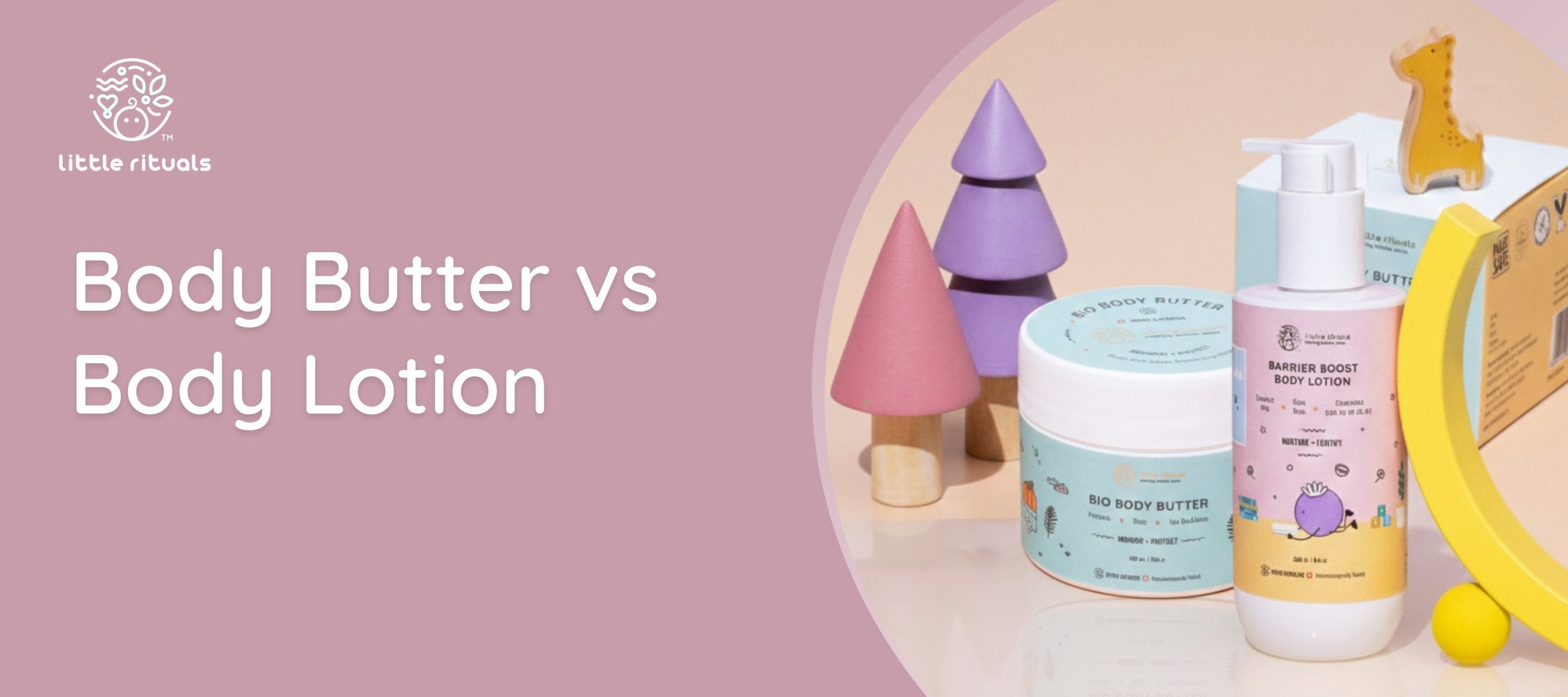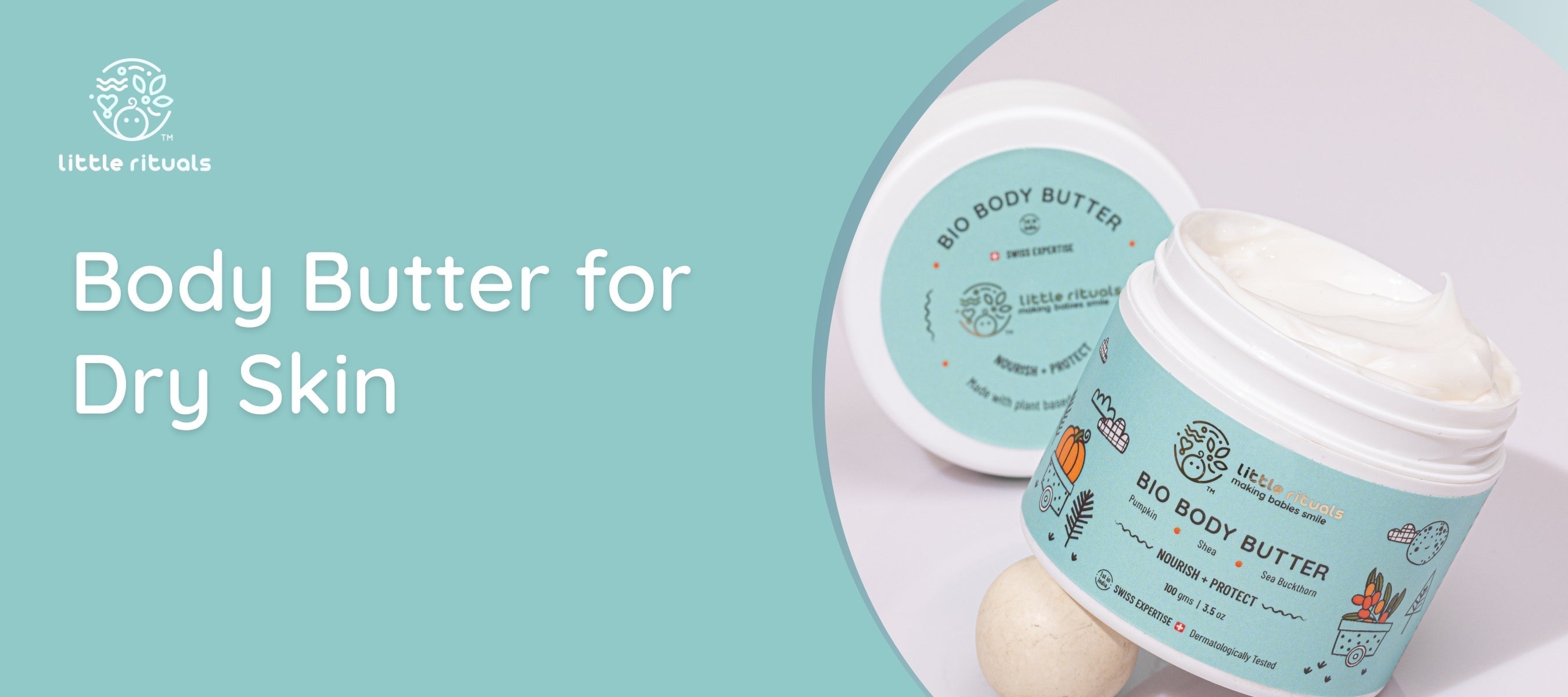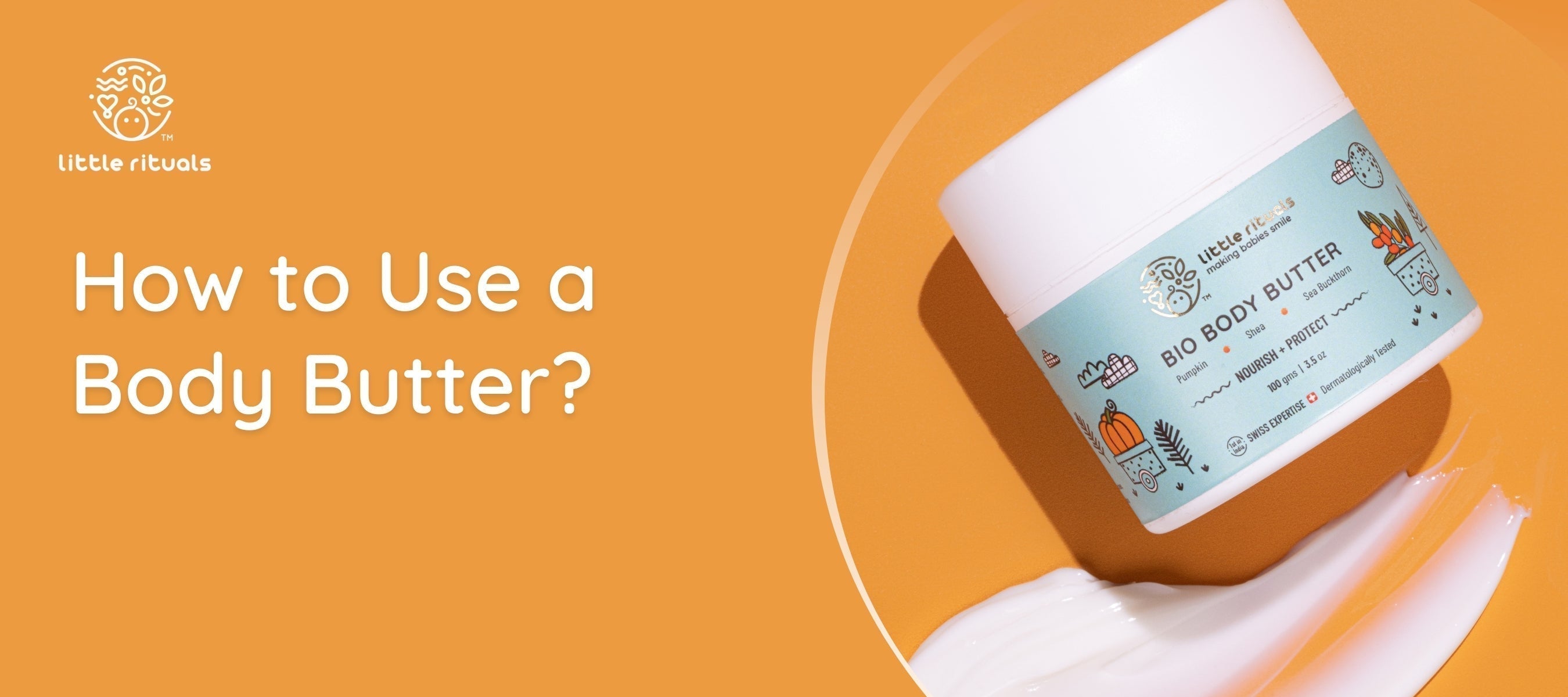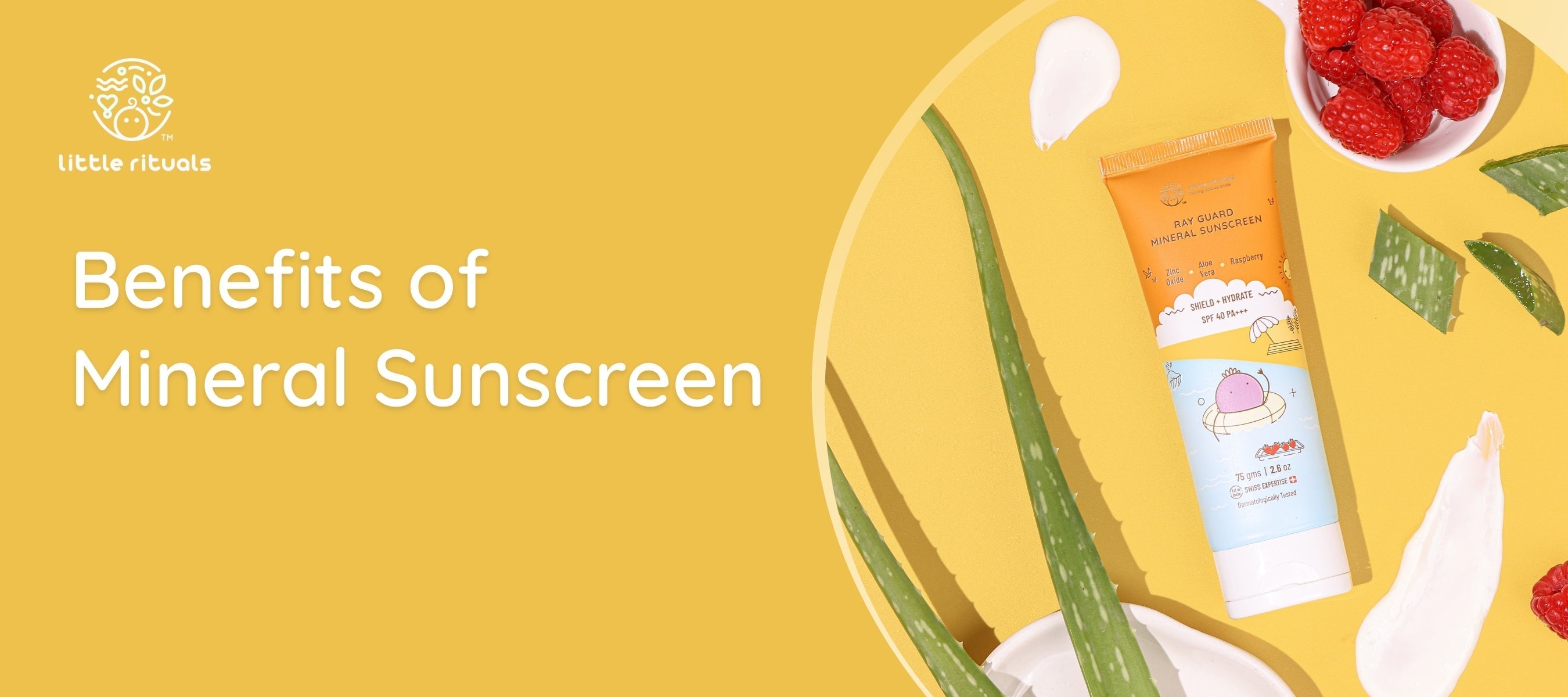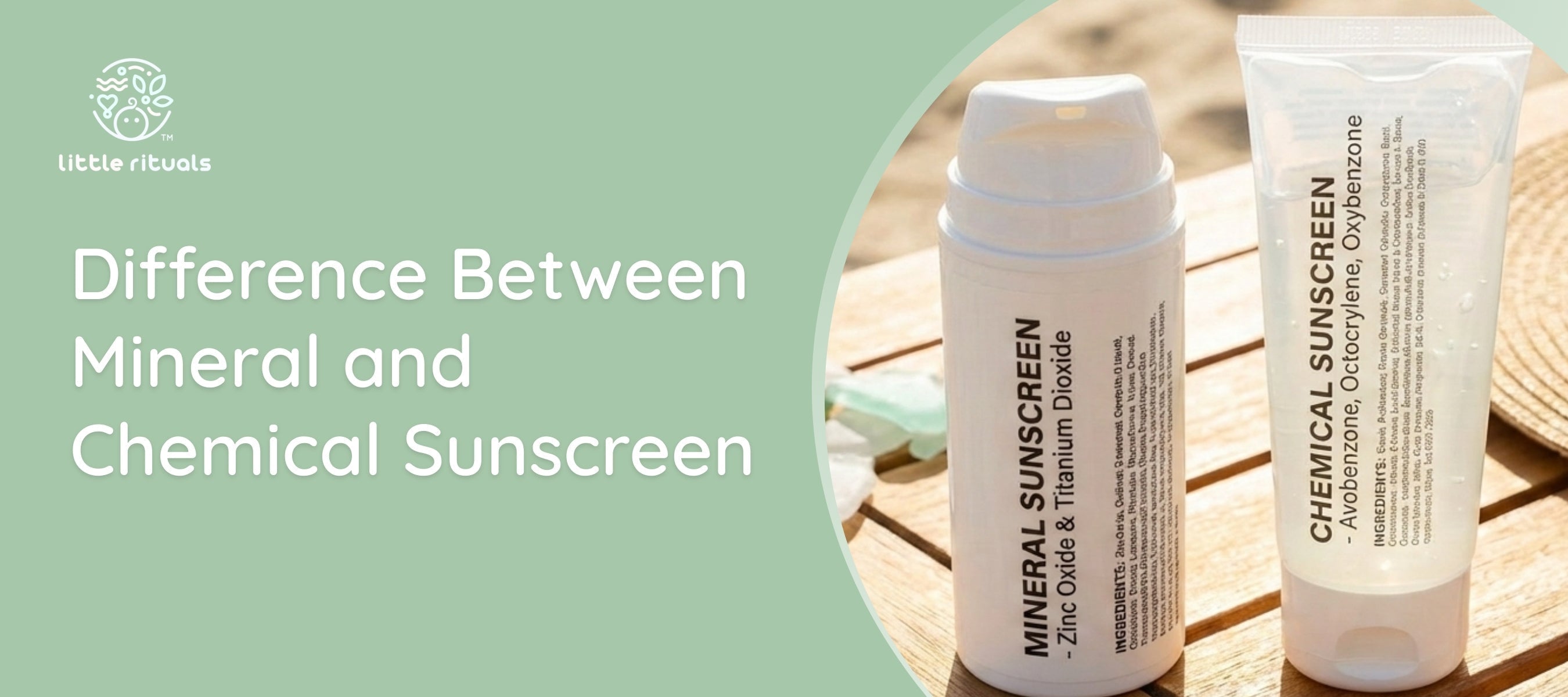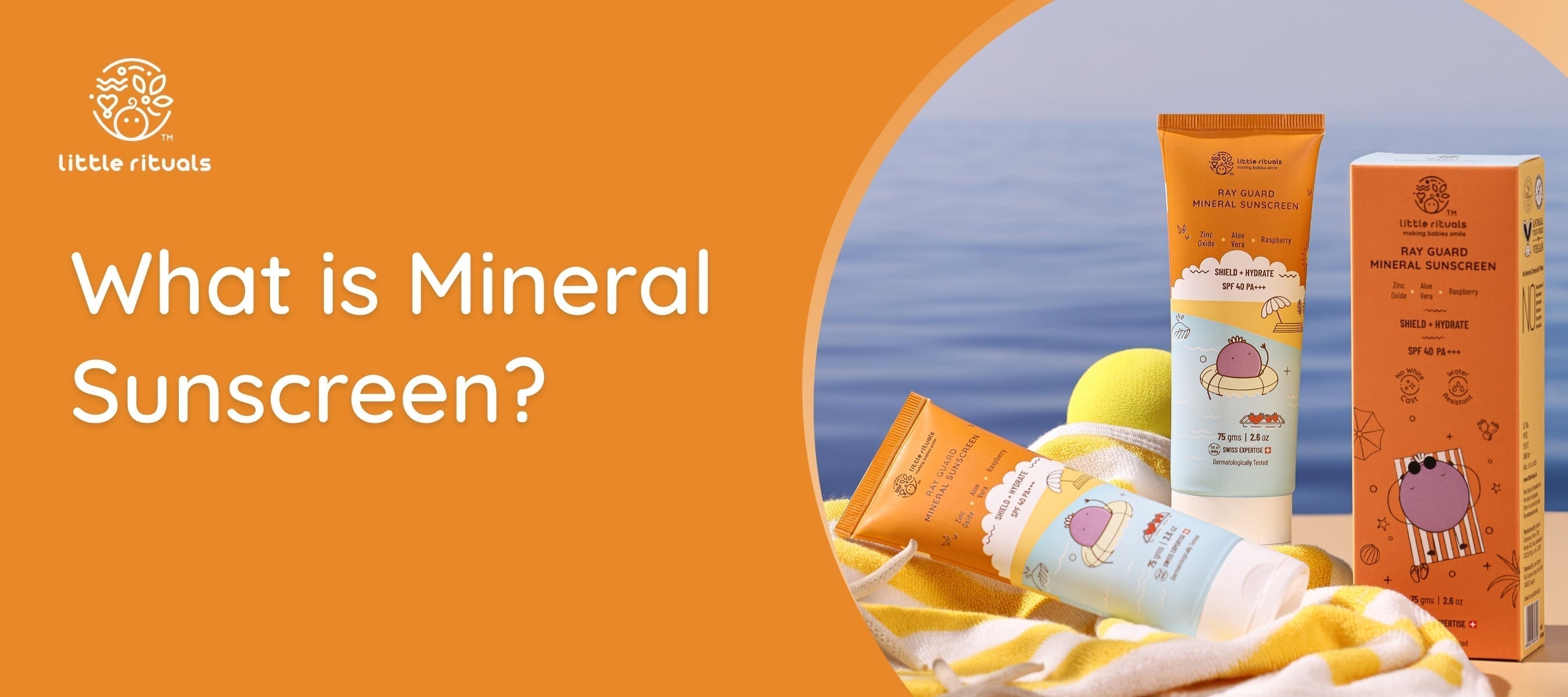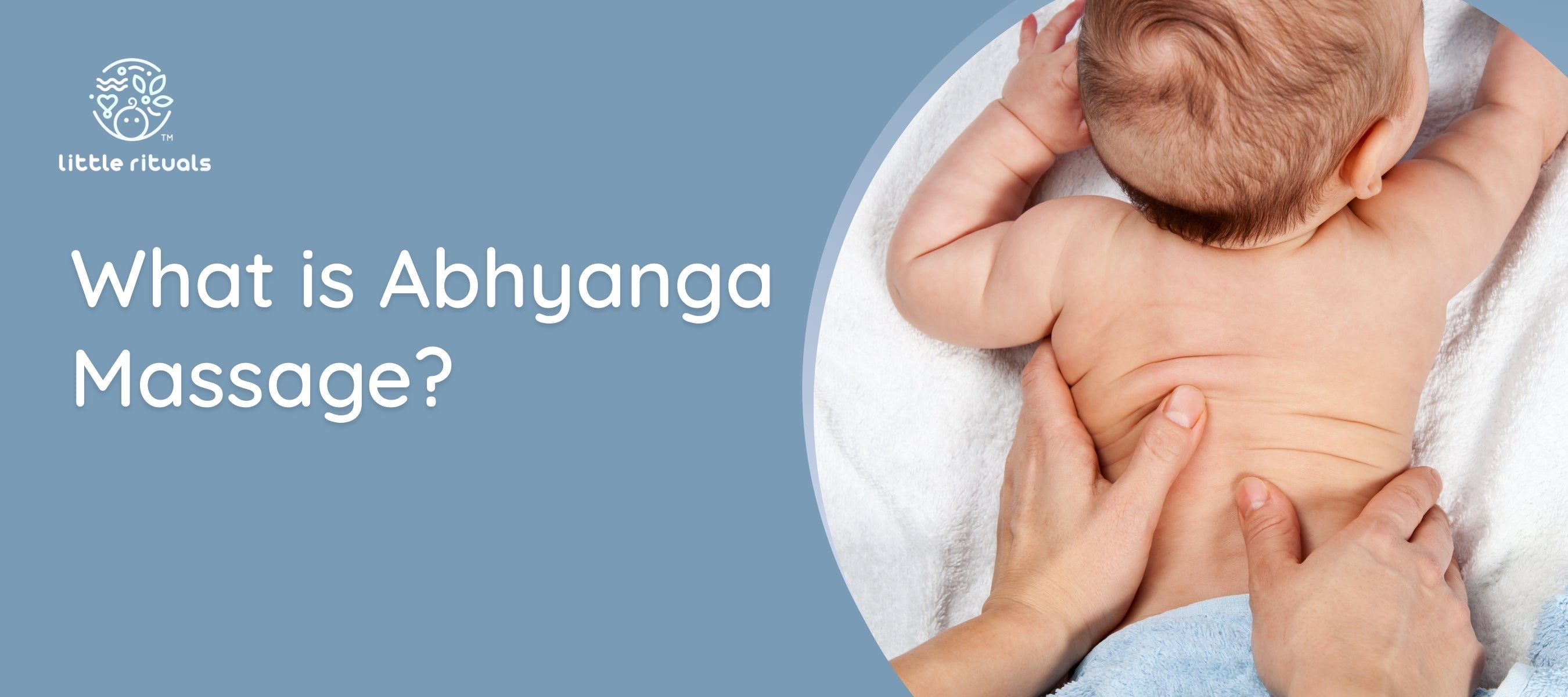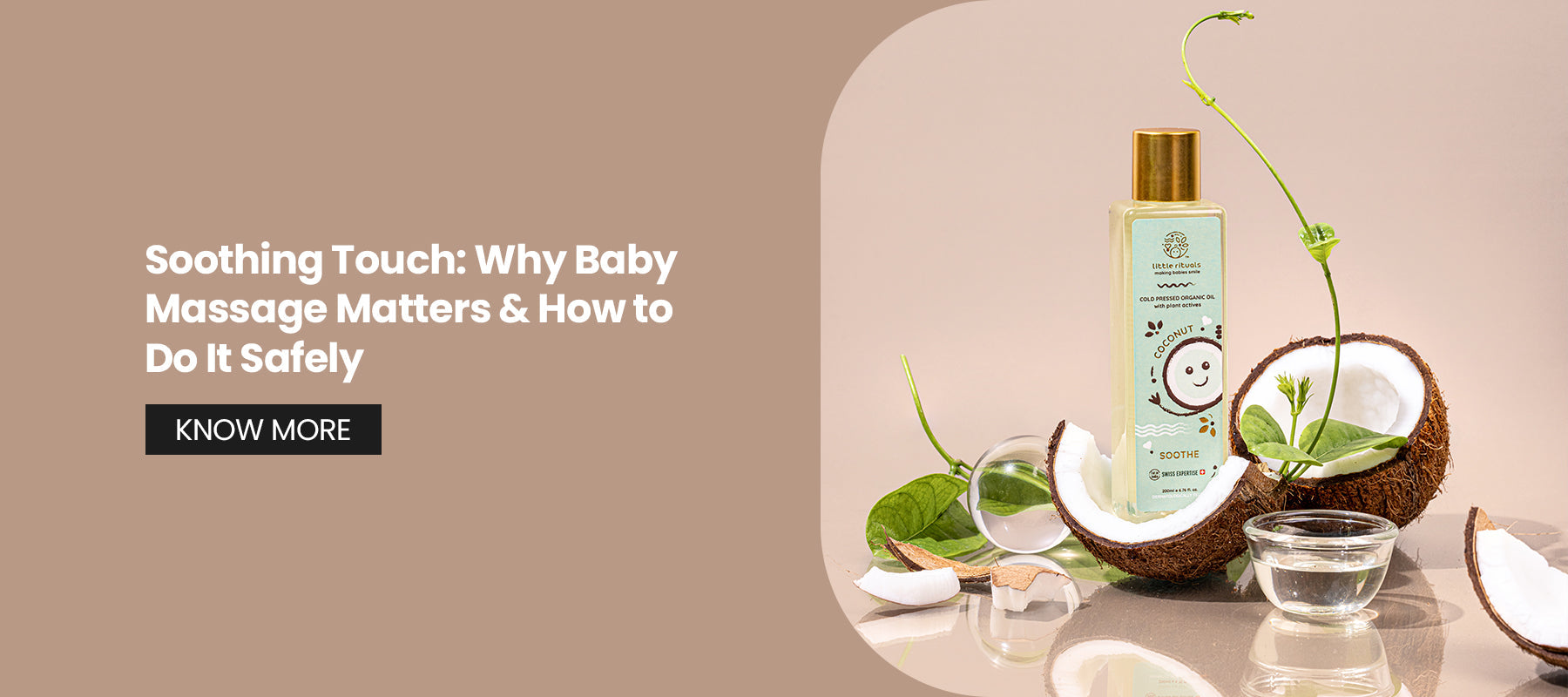
Soothing Touch: Why Baby Massage Matters & How to Do It Safely
From the moment a child is born, touch becomes one of the most powerful tools we have. Baby massage is more than just a beneficial practice; it supports physical development, emotional well-being, sleep, digestion, and bonding. In this guide, you will learn about the benefits of massage for newborns, how to safely massage a newborn, what oil to use, and how to establish a daily routine with gentle touches that calm and nurture.
What the Research Says: Benefits of Baby Massage for Newborns

Multiple studies have looked into how massage affects newborns. Below are the key evidence-based benefits:
Weight gain and growth
Baby massage has been shown to improve weight gain, especially in premature infants. For example, a randomised controlled trial comparing massage with coconut oil, mineral oil, and no treatment found that babies massaged with coconut oil had significantly greater weight gain. Another study reported that infants aged 0-6 months who were massaged regularly gained more weight compared to those who weren't.
Improved skin condition & reduced risk of infection
In very preterm infants, topical coconut oil helped maintain skin integrity and reduced skin breakdown compared with standard care. Moreover, using emollient oils (like coconut) for massage twice daily for more than two weeks in preterm neonates reduced infection rates.
Better digestion & reduced colic or tummy discomfort
Massage stimulates the vagus nerve, increases digestive enzyme activity, and improves gut motility. This helps newborns process feeds more effectively and can reduce discomfort like gas and colic.
Sleep quality, stress reduction, and emotional bondingMassage lowers stress hormones (e.g., cortisol) and increases "feel-good" hormonal responses, promoting calmness. Babies who are massaged often sleep better, wake less frequently, and appear more content. Additionally, massage strengthens the bond between parent/caregiver and baby, increasing trust and emotional security.
Neuromotor development & body awareness
Gentle touch, stroking, and movement help a newborn begin to sense their own body, improve limb flexibility, and later support coordination and motor skills. Some trials show benefits in neurobehavioural measures for babies receiving regular massage.
Related Blog: Baby Massage Oil: The Benefits and Brands to Trust for
How to Massage a Newborn Safely
Safety is paramount. Here's how to approach massage so it is beneficial, not harmful.
1. When to massage
- Wait until the baby is calm and alert (not immediately after a feed; waiting 30-60 minutes helps avoid spitting up or discomfort).
- A warm bath beforehand can help relax the baby and open pores.
- Choose a time when you won't be rushed—massage should be a relaxed experience for both you and the baby.
2. Prepare the environment
- Warm room, soft surface (blanket or towel), free of drafts.
- Wash your hands, remove jewellery. Nails should be short.
- Use soft lighting, soothing tones, or silence, depending on what the baby likes.
3. Technique
- Warm a small amount of coconut oil in your hands first.
- Use gentle strokes, starting with the forehead, scalp (avoiding the soft spot), and cheeks.
- Move to chest, arms, and hands. Support limbs.
- Tummy massage: gentle, clockwise circular strokes; bicycle motion of legs helps with gas.
- Legs, feet, and back: long soothing strokes from shoulders to feet, gently rubbing toes.
- Watch the baby's face, breathing, and body; if the baby tenses, cries, or turns away, pause or adjust.
4. Duration & frequency
- Begin with short sessions: 5-10 minutes. Increase gradually if the baby enjoys more.
- Many studies use 2-4 massages per day in clinical settings, especially for preterm infants; for home use, often once daily works well.
5. Handling delicate areas
- Avoid putting pressure on the fontanelle (soft spots on baby's head), eyes, and nose.
- Be extra gentle around joints.
- If the baby has rashes, broken skin, or medical concerns, consult a pediatrician before massage.
Creating a Daily Baby Massage Routine
Having a predictable routine helps both you and the newborn settle. When you're consistent, the massage becomes a cue for relaxation and deeper bonding.
How to do it:
- After a bath in the evening
- Begin massage when baby is warm, dry, and calm
- Warm oil in hands; dim lights; maybe soft music
Here's a sample daily baby massage routine you might try:
|
Body Area |
What To Do |
Key Tips |
|
Head & face |
Gentle strokes on forehead, cheeks, avoiding fontanelle |
Use a very light touch around the face; avoid perfume/fragrance |
|
Chest & arms |
Long, gentle strokes; massage palms/fingers |
Support arms, avoid pulling joints |
|
Tummy |
Clockwise circular massage; bicycle leg movements |
Do this when the baby is not immediately after a feed |
|
Legs & feet |
Long strokes from thighs to toes; gentle flexing |
Warm your hands; rub each toe |
|
Back |
If comfortable, massage the baby's back while the baby lies on the tummy or on your lap |
Gentle, gradual pressure; stop if baby dislikes |
|
Ending & bonding |
Cuddle, skin-to-skin, lullaby, feeding if needed |
Make it a peaceful, comfort cue |
Tip: One great time is just before bedtime, so the massage helps signal wind-down. Alternatively, after a warm bath or during quiet moments in the day works too.
Popular Blog: Top 3 Oils for Babies That Can Do Wonders
Using Oil for Newborn Massage: Pros, Cons, and Best Practices

Pros:
- Oil reduces friction, allowing smooth strokes which make the massage more comfortable for the baby.
- Certain oils (especially virgin coconut oil) have nutritive and antimicrobial properties. Studies in preterm newborns showed better skin condition and reduced infection when using coconut oil.
- Oils help retain moisture in skin, especially in climates that dry the skin out.
Cons / Cautions:
- There is a risk of allergic reaction, especially if the oil has additives or impurities.
- Some oils may clog pores or interfere with the skin barrier (mainly if used too thickly or too frequently).
- Baby may lick or ingest oil from hands or feet; though small amounts are usually harmless, choose edible or food-safe oils.
Best Practices:
- Use pure, cold-pressed coconut oil (unrefined), ideally food or skin-grade.
- Do a patch test.
- Use just enough oil to allow hands to glide smoothly—not so much that the baby is slippery.
- Wash hands well before and after; ensure the baby's face/mouth area stays clean.
- Store oil properly, cool, away from sunlight; check expiry.
Bringing It All Together with Little Rituals
Baby massage offers lasting benefits for both infant and parent, creating moments of connection that nurture development and well-being. At Little Rituals, we believe baby massage is more than a routine—it's a powerful way to bond, soothe, and nurture your child. Our cold-pressed, natural coconut oil is specially crafted for delicate baby skin, making each massage safe, gentle, and effective. Let this simple act become your daily Little Ritual, promoting restful sleep, better digestion, and a deeper connection with your baby.
FAQs
Q1: What is the best coconut oil for baby massage? A: Virgin, cold-pressed, unrefined coconut oil that is fragrance-free and skin-safe is ideal.
Q2: How often should I massage my newborn? A: Once daily is ideal, or 2–4 shorter sessions if the baby is comfortable.
Q3: How long should each massage session last? A: Start with 5–10 minutes, gradually increasing to 15–20 minutes as the baby enjoys it.
Q4: Is there any risk in massaging a newborn? A: Yes, if done with too much pressure, wrong oil, or in unsuitable conditions.
Q5: Can massage help a newborn with colic or digestive discomfort? A: Yes, gentle tummy massage and leg movements can ease gas and colic.
Q6: When should I start massaging my newborn? A: You can start from birth with a gentle touch, adding routine after a few weeks.
